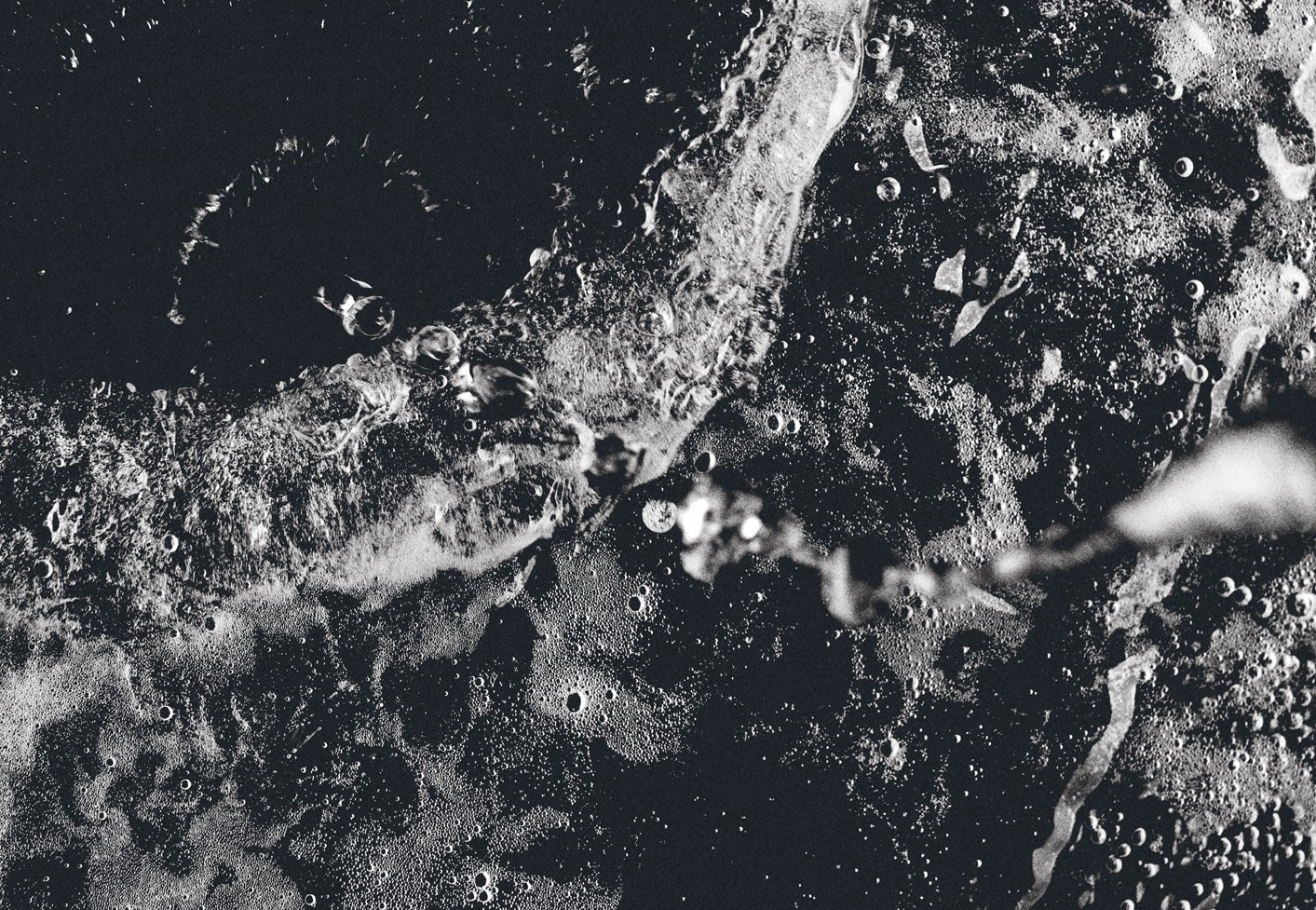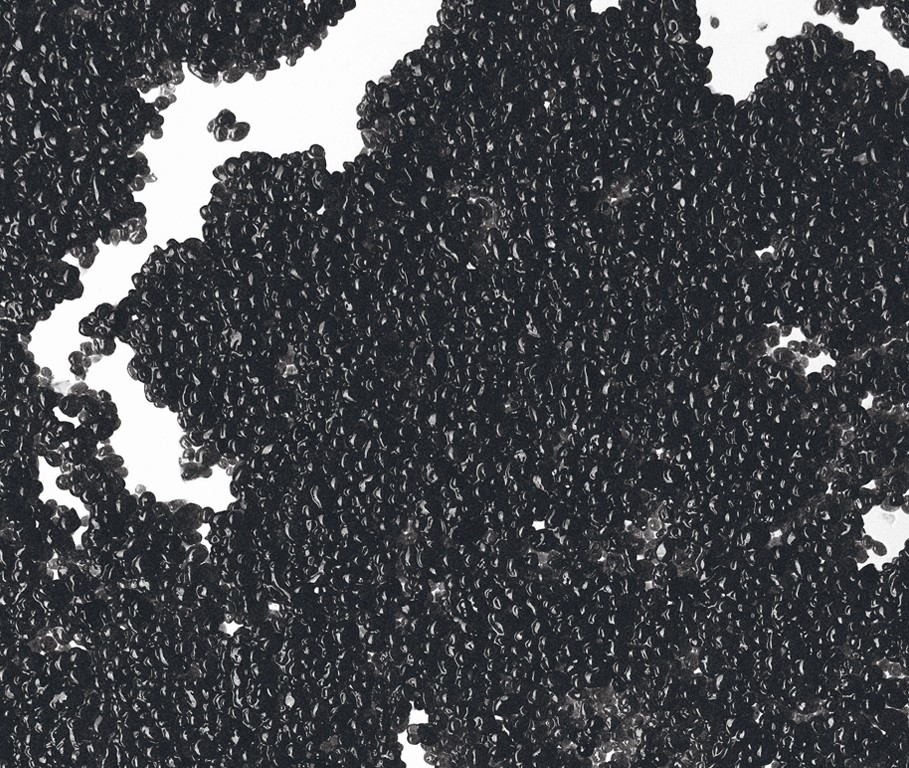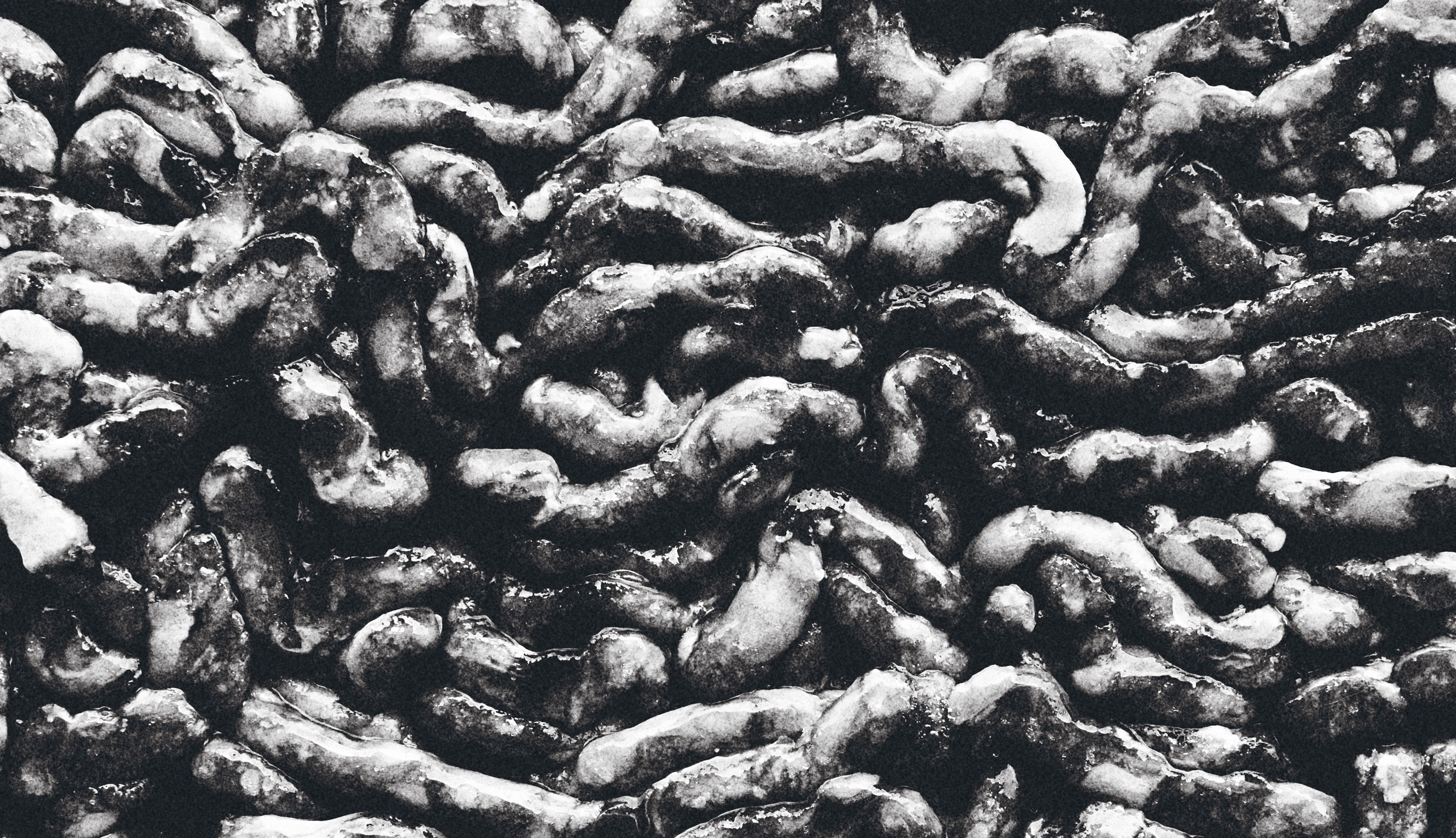As our global food resources are put to the test, we stand in front of the big question: How far can we stretch the concept of edible food?
Perttu Karjalainen, CEO and Co-Founder of Entocube, interviewed by Kenneth Nars
The only way to think is by focusing on sustainability. Very soon the world population will hit around 10 billion people and we are already seeing a rapid shift in demographics. Global warming is already changing existing structures of food production. The big question is where we can produce food in a sustainable way with the resources we have.”
Culture and ethics
“I firmly believe in the noble thought that we are constantly trying to gain greater wisdom. This includes openness towards other cultures and learning from them, as well as a certain pragmatism towards making changes to our daily habits. The reason for this is that the current way of consuming our resources has become so unsustainable in many senses.”
New produce
“The development of technology is faster than the development of culture. We have seen evidence of this in the way pulled oats that resemble meat in both flavour and texture have been introduced. A food that resembles something familiar is easier to introduce than a new one. There will always be pioneers who will prefer to eat their seaweed, insects, oats or soybeans unprocessed, but so far they remain a minority.”
Cracking the code
“Plants are, without question, the main solution to feeding the world. This is due to the simple genius of photosynthesis, without which no further food production would be possible. By eating plants we are closer to the first and most primitive link in the long chain of food production. If we look at the optimal way to produce food, the plants would be in the majority, but to thrive they need an ecosystem with fertilisers. This is where a small number of livestock has a place.
In the production of vegetables a big part of the plant are wasted. These plants are perfect as feed for insects grown for protein. In the perfect food system there should also be room for hedonism, like eating meat, cheese and poultry, but they should be produced in a sustainable way and priced as delicacies, not like everyday food.”
A shift to sustainability According to Dr. Jonathan Foley, environmental scientist, author and sustainability expert, feeding the world sustainably could happen in five steps. The first step is freezing the ecological footprint of agriculture to prevent further loss of ecosystems around the globe. The second entails growing more on the farms that we already have utilising high-tech farming systems and organic farming practices. The third step requires using our resources more efficiently by reducing the use of water and chemicals and going back to incorporating cover crops and composts to improve the quality of the soil. Step four asks us to shift our diets away from meat, dairy and eggs — a sacrifice that will have to be made by people in prosperous countries that have meat-rich diets. The fifth and final step is based on reducing waste, as a whopping 25 per cent of the world's food calories and up to half of total food weight are wasted before they can be consumed. All of these five steps combined could double our food supplies and cut the environmental impact of food production globally. However, they require a brave and big shift in thinking — a shift from wanting more to finding balance.
Meal shakes. Drinking a bottled meal used to be considered a utopia. Today there are several meal replacement brands such as Finnish Ambronite and Foodin, mostly composed of plant proteins, oils, starches and fibres.

Kelp. Much of the potential of underwater plants as the food of the future is still undiscovered.
Probiotic drinks. Kefir, kombucha and kvass are fermented probiotic beverages marketed for their health benefits.

Vegan caviar. A substitute for a priced delicacy like caviar is made with water, sunflower oil, alginate and seaweed.

Fake meat. Creating a sustainable version of unsustainable meat has become the alchemy of our times.

EntoCube’s journey began in 2013 when Robert Nemlander, an astronaut candidate, had an idea that took the form of a cricket farm built in a shipping container in Espoo. Today, EntoCube is the leading company in the Nordics for insect farming technologies and edible insect food products. Their partner network includes universities, research institutes, farmers and school, as well as NASA and ESA.
Words: Kenneth Nars, Matilda Kivelä Photography: Bryan Saragosa
Published 12.06.2019
